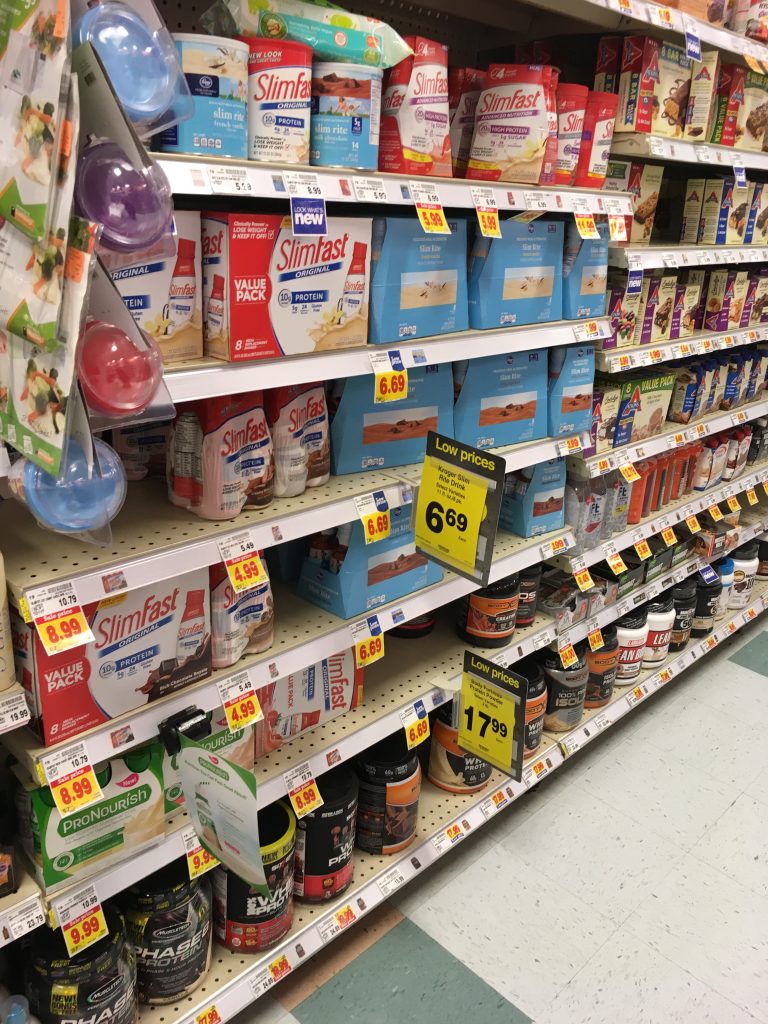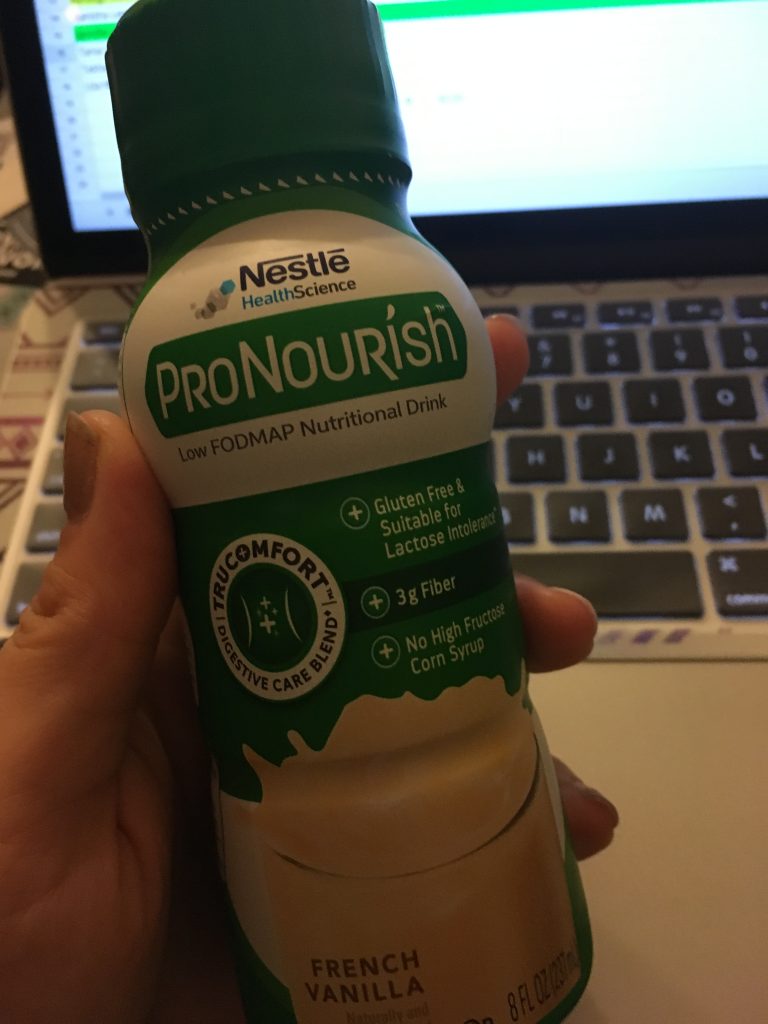
I’ve been dealing with an upset tummy (and an upset digestive tract) for the past week. Maybe it’s stress, maybe it’s something I ate…whatever it is, it’s definitely not my idea of fun.
Sadly, digestive orders aren’t at all uncommon and include irritable bowel syndrome (IBS), bloating, constipation, diarrhea, heartburn, and gas. YUCK.

If you’re like me, you may also experience food allergies, weight gain, eczema, exhaustion, asthma, and more. It’s a lot to deal with.
But you are definitely, definitely not alone. Approximately 80 million adults in the US that suffer from digestive sensitivities.
That’s a lot of us! As you know, I’ve been working on an elimination diet to help my poor, overstressed digestive tract, and it’s helping. I do need to make sure that I focus on my overall health, however…and, if you’re like me, you may want to, too. Just sayin’.
So. What am I doing to increase my digestive health (and recovery)?
Read Labels…Twice
Just because something says “gluten free” doesn’t mean it actually is-this is especially important for those of us who have multiple allergies or sensitivities to foods. Yes, something may be gluten free, but what if you’re avoiding lactose?
Or you are avoiding FODMAPs? Pay attention to labeling and actually read the ingredients. One of my favorite quick meals is ProNourish, which is low in FODMAPs, and fills me up with 15 grams of protein and 25 essential vitamins and minerals.

Plus, ProNourish is gluten-free, and contains no high fructose corn syrup, sugar alcohols or artificial colors (and you can save $2.00 HERE).
Understand (and Avoid) FODMAPs
FODMAPs are carbohydrates (sugars) that are found in foods. But, not all carbohydrates are considered FODMAPs. How’s that for confusing? FODMAP actually stands for Fermentable Oligo-Di-Monosaccharides and Polyols. Say that 10 times fast. I dare you.
FODMAPs include:
- Fructose (fruits, honey, high fructose corn syrup (HFCS), etc)
- Lactose (dairy)
- Fructans (wheat, onion, garlic, etc) fructans are also known as inulin
- Galactans (beans, lentils, legumes such as soy, etc)
- Polyols (sweeteners containing sorbitol, mannitol, xylitol, maltitol, stone fruits such as avocado, apricots, cherries, nectarines, peaches, plums, etc)
FODMAPs are osmotic (means they pull water into the intestinal tract), may not be digested or absorbed well and could be fermented upon by bacteria in the intestinal tract when eaten in excess.
Symptoms of gas, bloating, cramping and/or diarrhea may occur in those who could be sensitive to the effects of FODMAPs. A low FODMAP diet may help reduce symptoms, which will limit foods high in fructose, lactose, fructans, galactans and polyols. source
If you have a “touchy” digestive tract, you’ll want to eliminate potential triggers, and avoid eating foods that contain any of the FODMAPs. Although many people prefer a slow elimination (one FODMAP each week or month until they’ve fully eliminated all of them), I found that working on eliminating FODMAPs was much easier if I just went for it.
Figure out what works for you.
Avoid Excessive Sugars
Sugar can be a tough nut to crack for many of us. It’s addicting, and it’s also very, very hard for our bodies to let go of once its in our systems. I’ve found that avoiding foods that contain an excess of sugar has helped keep things moving in a positive direction.
Drink Plenty of Water
If you are only drinking your requisite eight glasses, you’re definitely not drinking enough water. Really, you need to be drinking half your body weight in ounces each day. For a 200 pound person, that means you need to be drinking 100 ounces of water…which is likely a lot more than you’re currently drinking.
And no, coffee does not count. This is especially true if you’re experiencing digestive discomfort-because you’re likely very dehydrated. So drink up.
Chew Your Food
Believe it or not, your digestion starts with the very first bite.When you chew your food well, you not only begin the digestive process, but you give your digestive system a little break so it doesn’t have to work nearly as hard.
If you’re like me, you’re a rushed eater. This means that your body has to work a lot harder to digest the nutrients in your food. I make sure to keep ProNourish shakes easily accessible in my fridge-they’re healthy, FODMAP-friendly, and filling.
De-Stress
I learned something this week-the amount of stress in your life directly correlates to your digestive health. I’ve been under a lot of stress for work, and even with my care to avoid FODMAPs, I’ve had some serious tummy trouble. So I decided to do some self-discovery, which included meditation, yoga, and a little Tracy Anderson.

If you’re stressed out, your digestive system is not going be unhappy either. Figure out some relaxing activities that you can do to help reduce the amount of stress in your life-whether you take a power nap or do some yoga. As long as you relax, that’s all that matters.
If you’re a stress-snacker, then snack smart.
Snack Smart
Keep healthy, FODMAP-free snacks readily available. Some of my favorite options are dill pickles, almonds, brazil nuts, and my new find-ProNourish, which is a well balanced nutritional drink that fits my diet.
Tune In
At the end of the day, you know your body best. Pay attention to what its telling you. Learn what makes your body happy-what helps you find your natural healthy weight, and what makes you feel good.
